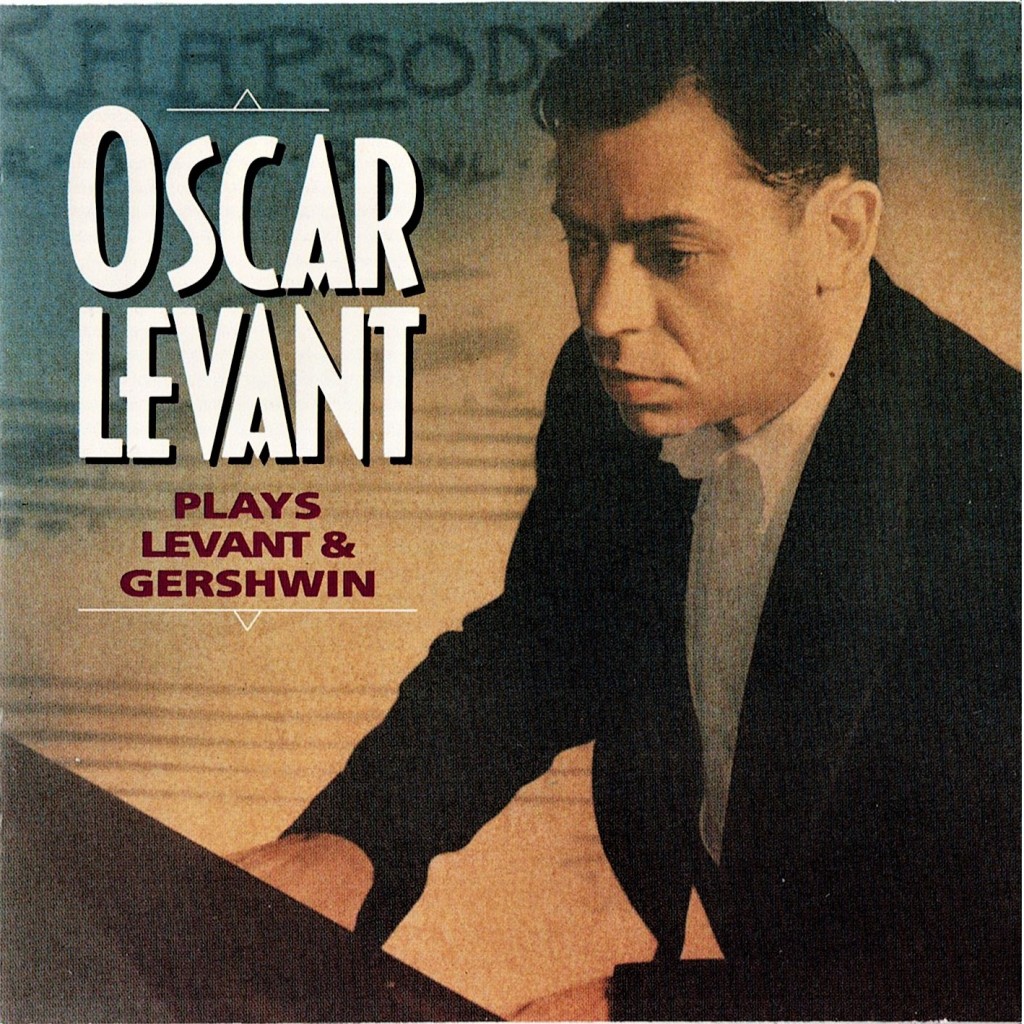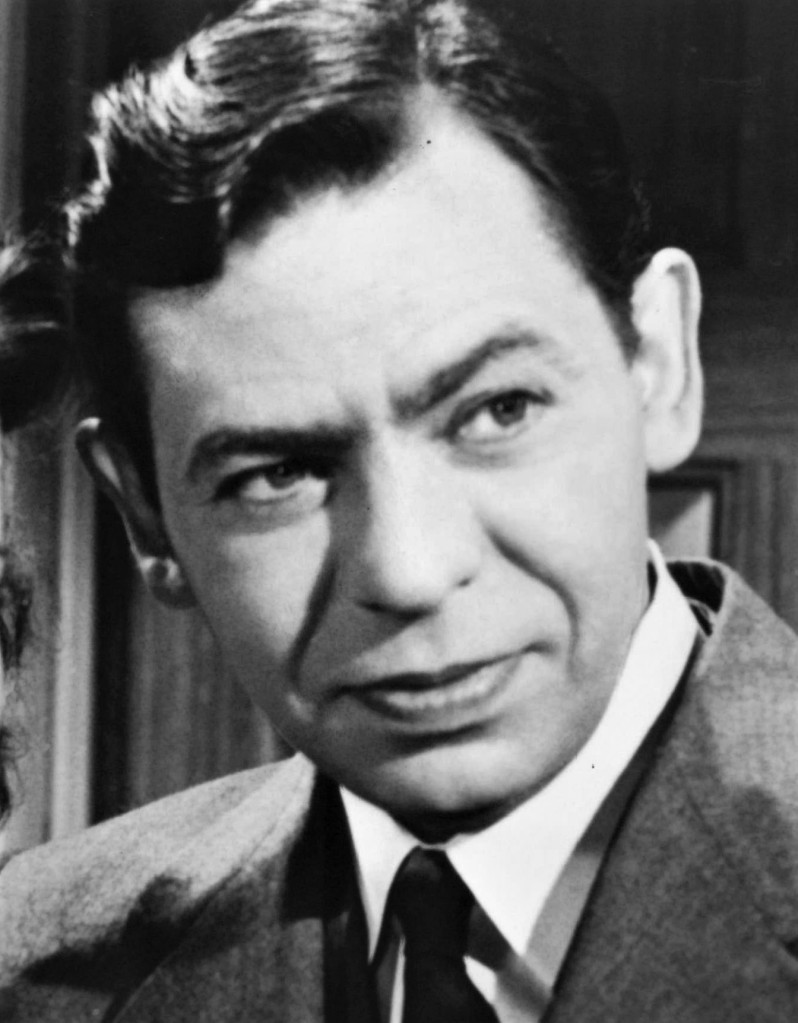
Grove Koger
August 14 is the anniversary of the death of Oscar Levant, who died on this day in 1972.
If you’re old enough, you may remember Levant’s appearances on the Jack Paar Show—occasions on which the pianist and wit could be counted on to discuss his various neuroses and to throw off the most delightfully outrageous quips. Or you may have heard recordings of his performances of his good friend George Gershwin’s compositions—performances that were regarded as definitive. Or maybe, just maybe, you may realize that Levant recorded the music of a number of other composers, ranging from Bach to Liszt, with world-famous conductors.
What you probably don’t know is that Levant was a composer in his own right—a good one who might have been a great one. As he readily admitted, he was lazy. He also seems to have been cowed by Gershwin, who was, after all, the greatest composer the United States has ever produced. As Levant would later write, “I got so much, vicariously, out of [Gershwin’s] ability and creativeness that whatever latent talents I had were completely submerged.” And yet …

Levant was born in 1906 in Pittsburgh and in 1922 moved to New York City, where he took lessons from composer Zygmunt Stojowski. Later he studied with a much more famous and influential composer, Arnold Schoenberg, whose dissonant, twelve-tone techniques proved as popular with critics as they were unpopular with audiences. Among the few pieces by Levant that have survived, thanks to recordings, is a beguiling Piano Sonatina and a short, angular Piano Concerto challengingly blending Schoenberg with boogie-woogie. You can listen to them here and here on YouTube, or on the DRG CD whose cover you see at the top of today’s post.
As Levant would later write, “This concerto is fourteen minutes long, mostly in fast tempo, relieved with an all-too-short slow section. Composed in the late Thirties, this music reflects an arrogance and a pretentiousness based on an economic and emotional insecurity. However, those are days we now look back on as happy.”
Levant was right about the slow section being “all-too-short,” and it and the slower sections near the end of the piece are easily the ones easiest for the listener to fasten onto. However, Levant himself disparaged them, remarking that they “spoiled the whole thing.”
Levant premiered the concerto in 1942 with the NBC Symphony Orchestra under the baton of Alfred Wallenstein. Reviewing the work for the Herald Tribune, critic and fellow composer Virgil Thompson remarked that the “impact of Mr. Levant’s battling personality is not absent. His music, like his mind, is tough and real and animated by a ferocious integrity.” Thompson added that “beneath its schoolboy homage to Gershwin and Schoenberg,” the work is “hard and lonely and original music, full of song and solitude.”
It seems to have been stage fright that ended Levant’s concert career. His last public performance was in 1958 at the Hollywood Bowl before an audience of twenty thousand. Fittingly enough, he played Gershwin’s masterful 1925 Piano Concerto in F.

But music wasn’t Levant’s only endeavor. In his spare time, he appeared in seventeen films, including An American in Paris (a still from which you see above), which was inspired by Gershwin’s famous 1928 orchestral piece, and wrote three volumes of memoirs, including The Unimportance of Being Oscar (1968).
Levant once quipped that “there’s a fine line between genius and insanity; I have erased this line.” There were times when he seemed to live off of his neuroses, as if they were a life-giving drug. But eventually the drug took its toll and he was hospitalized several times for addiction. He died at the age of 65 of a heart attack.
Levant’s friend Harpo Marx remembered an occasion when he found him reading a book, listening to a record, playing the piano, and singing—all at the same time.
I wish I’d been there.
□□□
If you’d like to subscribe to World Enough, enter your email address below:
And if you’ve enjoyed today’s post, please share!
